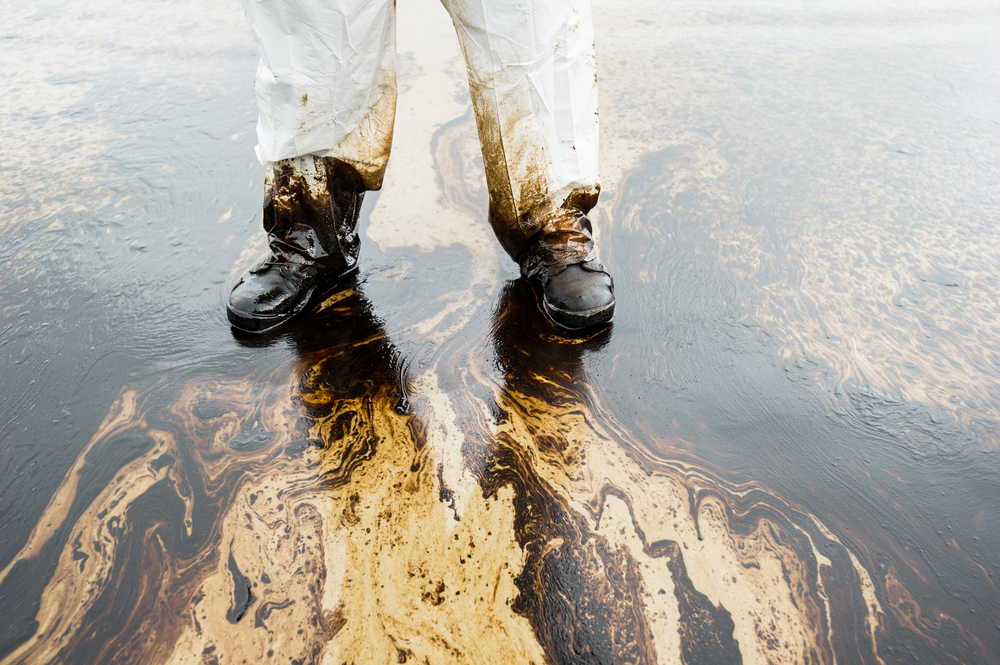Scientists all over the world are making some major breakthroughs as of late. A new experiment by researchers from the University of Texas shows how it is possible to clean oil spills with magnetic nanoparticles. This same technology can be used to remove lead from drinking water as well, with some modifications needing to be made. This is another major development to help advance our society.
Magnetic Nanoparticles Can Be Quite Powerful
While this new development sounds incredibly exciting, it is not a perfect technology by any means. The scientists use a technique based on electrostatic attraction and a magnet. The preliminary results of this development are quite positive, although some further research and development are needed. Deploying this technique on a global scale will take a few more years, by the look of things.
More specifically, this technique can get rid of leftover oil droplets found in water. This could be especially useful when dealing with a massive oil spill, such as the one caused by BP a few years ago. Using this method, the scientists were able to get rid of small oil droplets which remain in the water after a major cleanup operation. Said operations can get rid of 95% of the oil in water, but it is the remaining 5% that need to be addressed as well.
It works by dumping positively charged magnetic nanoparticles in oil-infested waters. These nanoparticles are created in a lab and do not require expensive materials to be made viable. Once they are released into the water, the particles will start attracting negatively charged oil droplets. By making use of a large magnet, all of the particles can be pulled out of the water with relative ease. In the end, the water is about as oil-free as it can be, which is what the scientists aimed to achieve in the first place.
More importantly, this process is relatively fast, which makes it all the more viable. It appears the positively charged nanoparticles can interact with the oil and “gel” within two to three minutes. Do keep in mind the current tests have only been conducted with small test samples, and the mileage may vary when attempting to clean up actual major oil spills using this method. Before that can happen, however, the scientists need to come up with a suitable way to industrialize this technology.
What is rather interesting is how this technology is not limited to removing oil particles from water. In theory, the same technique can be used to separate lead from drinking water. It could lead to entirely new ways of filtering water supplies all over the world, albeit it is too early to tell if that would even be a viable idea. It is certainly something worth exploring moving forward, though.
In the end, it is evident science is making some impressive progress by harnessing new technologies as of late. Cleaning up oil spills and ensuring drinking water is free from contamination are two, massive feats to look forward to. It is unclear when and if this technology will be industrialized, though. That being said, news like this gives all of us a good amount of hope for the future.
If you liked this article, follow us on Twitter @themerklenews and make sure to subscribe to our newsletter to receive the latest bitcoin, cryptocurrency, and technology news.

